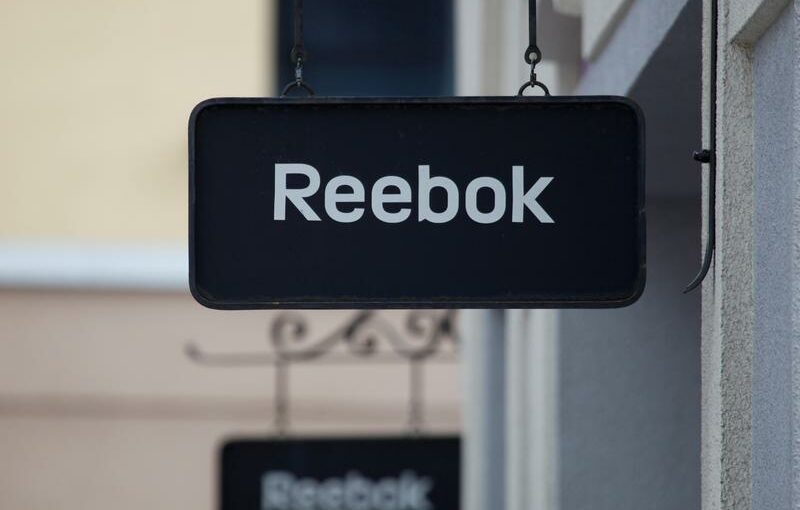FRANKFURT (Reuters) – Sporting goods maker Adidas has launched the sale of its Reebok brand in an auction which risks being affected by a political row over possible forced labour in China’s western Xinjiang region, three sources told Reuters.
Adidas bought the U.S. fitness label for $3.8 billion in 2006 to help compete with arch-rival Nike, but its sluggish performance led to repeated calls from investors to dispose of the brand, which is now expected to fetch only around 1 billion euros ($1.2 billion).
Adidas has asked for first round bids to be submitted next week and is expecting China’s Anta Sports and Li Ning to hand in offers, with Korea’s Fila and U.S.-based Wolverine also seen as possible bidders, the sources, who are all familiar with the situation, said.
Financial investors including TPG, Sycamore, Cerberus and Apollo are also likely to join the fray, lured by the turnaround potential of Reebok which is expected to make a loss in 2021 and post only “slightly positive” core earnings next year, they added.
Adidas declined to comment. The prospective bidders also declined to comment or were not immediately available for comment.
For Chinese buyers the appeal could be dented by consumer boycotts of Western fashion brands in the country over comments they did not use cotton sourced from Xinjiang.
Some researchers and foreign lawmakers say the Xinjiang authorities use coercive labour programmes to meet seasonal cotton picking needs, which China strongly denies.
Among others, the Shanghai Half Marathon in April scrapped plans to provide runners with Adidas-branded T-shirts.
Germany’s Hugo Boss said on Wednesday it expects sales in mainland China to keep growing fast despite the boycott calls, while Puma said last week that it expects a hit to its sales.
Adidas is marketing Reebok off 2025 earnings before interest, tax, depreciation and amortization (EBITDA) of more than 200 million euros with expected annual revenue growth of 10%, the sources said.
Analysts have said Reebok’s recent collaborations with celebrities like Cardi B and a refreshed focus on women’s apparel have put the brand in a better place.
Source: Read Full Article
